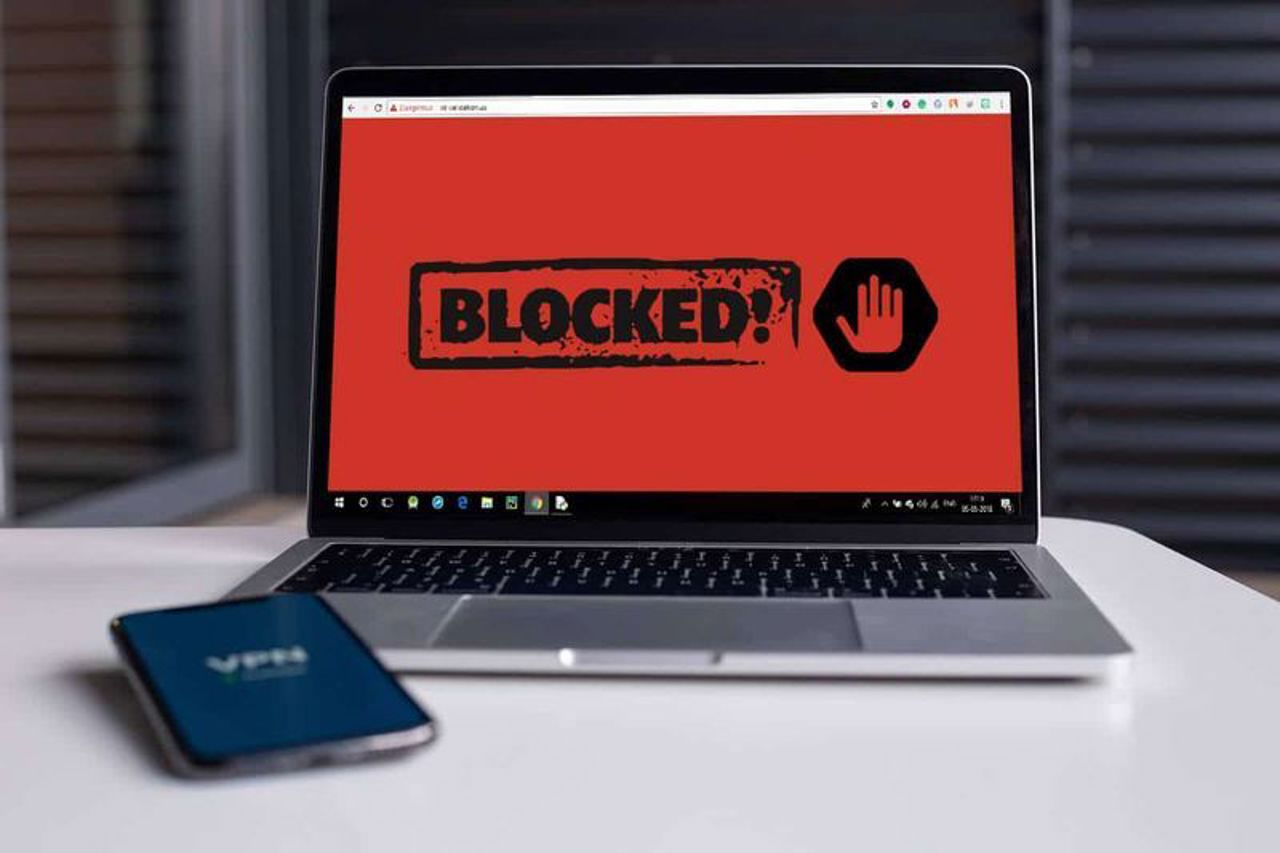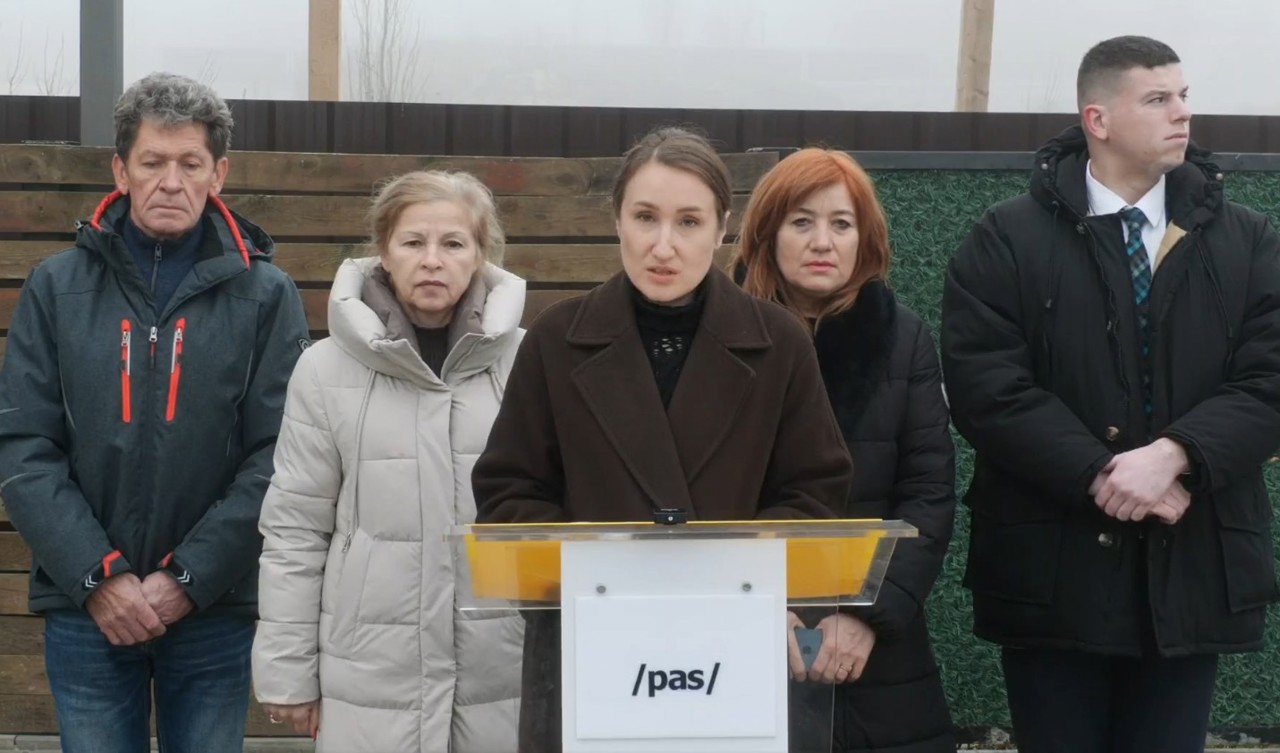Government Approves Cybercrime Bill: Protecting Rights Online
Recently, the government has approved a bill that regulates the procedure for blocking users' access to websites containing specific types of dangerous content.

This initiative, currently under review and approval by Parliament, introduces several amendments to the law on preventing and combating cybercrime. According to the Center for Independent Journalism (CJI), the current amendments are not perceived as posing a risk to press activities through abusive, illegal, or unfounded restrictions.
The government initiative specifically targets websites intended for planning or committing offences. To qualify as such, a web page should distribute or publish content or information whose dissemination is equivalent to committing a crime, such as sexual harassment, enticing minors for sexual purposes, or promoting fascism, racism, and xenophobia. Moreover, it aims at websites containing advertisements for selling, offering, or promoting items or substances prohibited by law or restricted under criminal law.
Additionally, access to websites containing appeals urging individuals to provide certain data to participate in online fraud schemes could be blocked for users.
The Ministry of Internal Affairs (MAI) and the Security and Intelligence Service (SIS) are expected to decide on blocking access to web pages or removing online content at the source. This action would be authorised by the head of the specialised unit for preventing and combating cybercrime within MAI or SIS. Orders to block access to websites are issued only if online content cannot be removed at the source by providers of online content hosting services or online content providers within the territory of the Republic of Moldova.
According to the legislative initiative, if access to web pages is blocked or online content is removed at the source, affected individuals will have the opportunity to challenge the order from MAI or SIS directly in court. Judges are expected to adjudicate on the complaint within 15 days and either admit or reject the challenge, or modify the order to stop access to the web page or remove online content at the source.
Translation by Iurie Tataru





